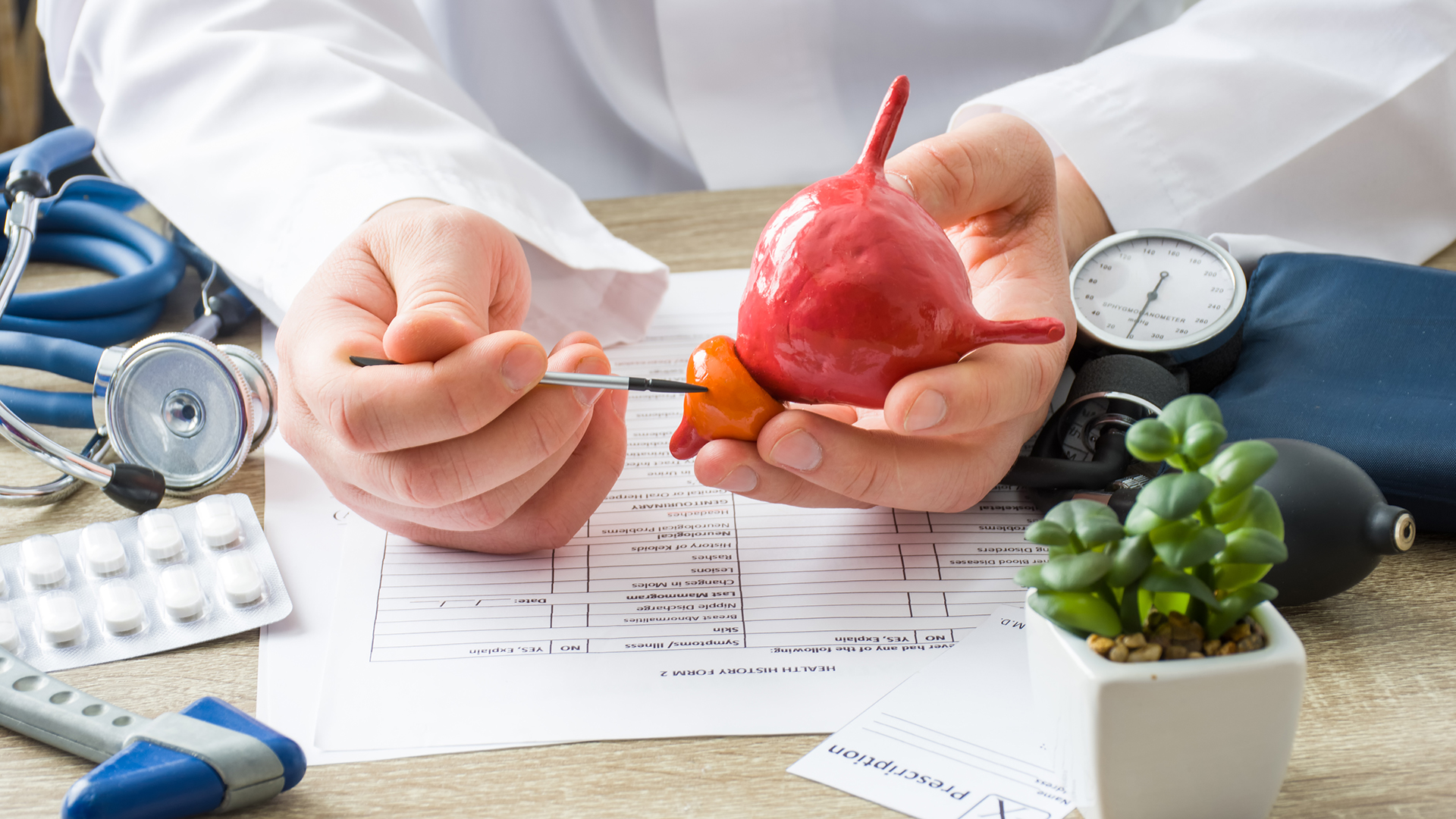
The NHS has revealed more than a 1000% increase in visitors searching for information about enlarged prostate symptoms following King Charles’ diagnosis earlier this week.
On Wednesday, Buckingham Palace announced the King would undergo a ‘corrective procedure’ for an enlarged prostate, with the condition described as benign.
Following the news, the NHS has announced that people reading up on enlarged prostate symptoms and information has risen dramatically.
Massive increase in NHS searches
An NHS England analysis showed that visits to their prostate enlargement page receive over 11 times the usual number of visitors following the diagnosis.
On the day of the announcement, the page received 16,410 visits compared with 1,414 visits on the previous day – a 1061% increase and around one visit every five seconds.

What are the symptoms of an enlarged prostate?
An enlarged prostate, medically known as benign prostate enlargement, isn’t cancerous, but it can wreak havoc on a man’s urinary flow and quality of life.
While not all enlarged prostates cause bothersome symptoms, many men experience tell-tale signs that urge them to seek medical attention, including:
- Needing to pee often, especially at night, is a prime symptom. You might find yourself running to the bathroom every hour or two, even after just emptying your bladder;
- A weak urine stream that dribbles and takes ages to finish is another common indicator. Straining to push out urine is a red flag, too;
- Even after visiting the restroom, an uncomfortable sense of bladder fullness can linger. This persistent feeling is due to incomplete emptying caused by the enlarged prostate obstructing the flow;
- Suddenly feeling an overwhelming need to urinate that you can’t control is known as urge incontinence. Leaking small amounts of urine before reaching the toilet, particularly with sudden movements like coughing or laughing, is another form of incontinence associated with the condition; and
- Some men experience pain and blood in their urine, sexual dysfunction, and even bladder stones in severe cases.
Ian Eardley, National Clinical Director for NHS England, explained: “Benign prostate enlargement is common in men over the age of 50, and you would expect around 70-80% over the age of 75 to have an enlarged prostate.
“Many men worry that having an enlarged prostate means they have an increased risk of developing prostate cancer, but this isn’t the case. Help is available, and there are a number of tests that can be done to rule out cancer.
“The symptoms of an enlarged prostate can be considerably improved by visiting your GP, taking medication and making lifestyle changes, and, for most, there is no need for an operation.”
More information about prostate enlargement symptoms and medical advice can be found on the NHS’ prostate enlargement page.









